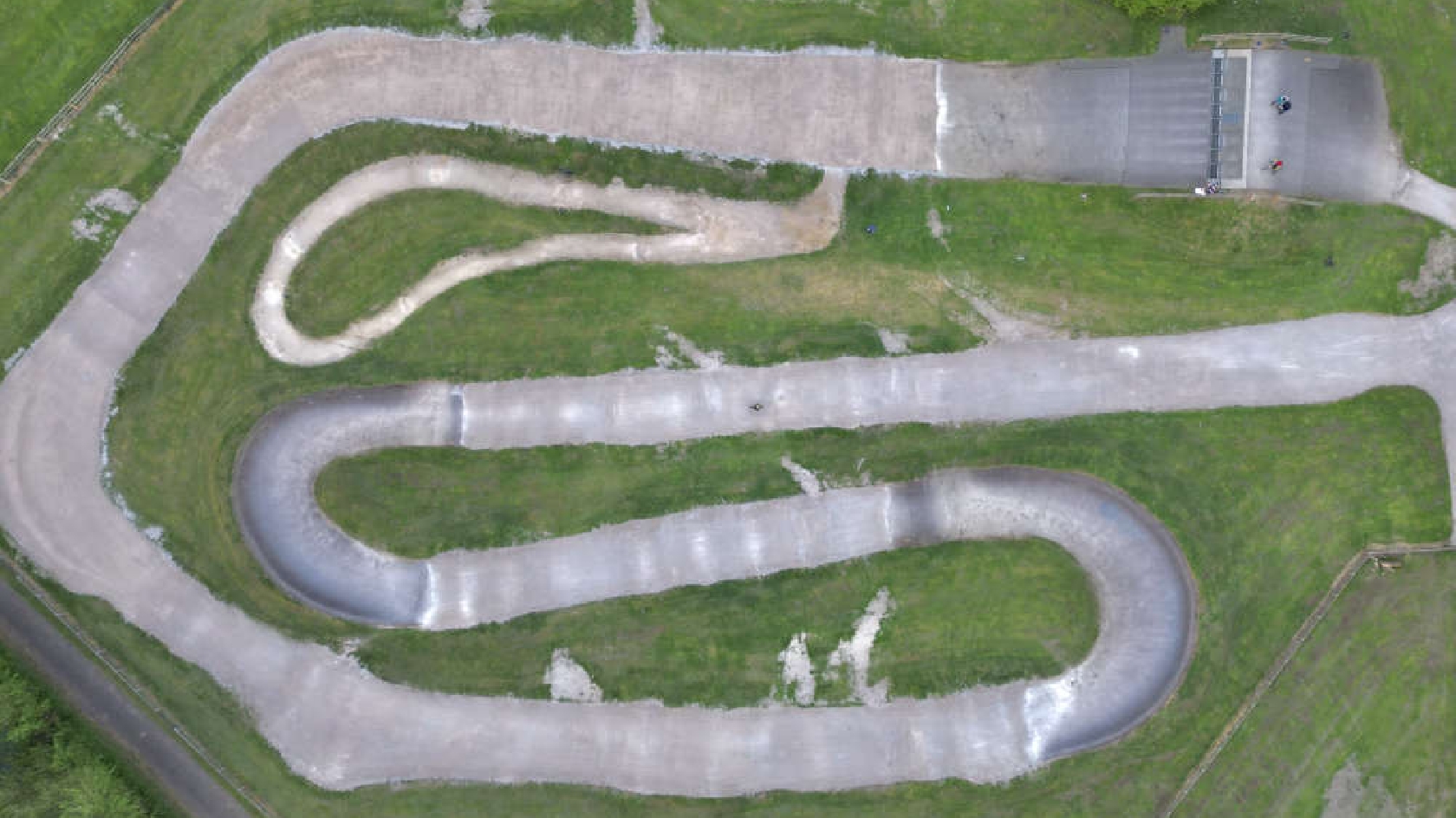
Each spring, The Parks Trust receives reports from members of the Milton Keynes public who report sightings of what they believe are adders in our parks.
Usually, these reports come from people who are concerned for the safety of their young children or pets and fear that they may get bitten. In Milton Keynes we have two reptile species which could be mistaken for an adder (the UK's only venomous snake).
The Grass Snake is the UK’s largest snake and by far the most common species in most of England. Snakes of 1 meter or more in length are not unusual, so they can look quite alarming. However, grass snakes are non-venomous and in fact lack teeth of any kind! They have a bright yellow ring or collar behind the head and are otherwise and olive-green colour with dark markings. They are usually found fairly close to water and swim well. With fewer people using footpaths this spring due to COVID-19 restrictions, they have been a frequent site often basking at the edge of paths.
Another type of reptile found in Milton Keynes is the Slow-worm, which looks like a snake but is in fact a lizard which lacks any limbs. Slow-worms are quite small and shy creatures and are rare in Milton Keynes, with a few small populations known from Stony Stratford, Wolverton and Bletchley. They are a uniform brown or bronze colour without any clear markings.
Thorough surveys of reptiles have been carried out by The Parks Trust and other bodies in Milton Keynes over the years. No adders have ever been found. The nearest known populations are in Bedfordshire. The adder is a very distinctive looking creature, quite thick bodied for a snake and with a dark zig-zag pattern all the way down its back.
Please remember that all reptiles are timid creatures and will do all they can to avoid people. All UK reptiles are protected by law and it is an offence to kill them. It is upsetting that many are destroyed each year even though they can do us no harm. If you are lucky enough to see a grass snake or a slow-worm in MK, watch it from a distance and see if you can put a name to it!
Original source: The Parks Trust blogs















